Uber Elevate team plans to add flying taxis to UBER’s on-demand transport mix
Every day, millions of hours are wasted on the road worldwide. Last year, the average San Francisco resident spent 230 hours commuting between work and home1—that’s half a million hours of productivity lost every single day. In Los Angeles and Sydney, residents spend seven1 whole working weeks each year commuting, two of which are wasted unproductively stuck in gridlock2. In many global megacities, the problem is more severe: the average commute in Mumbai3 exceeds a staggering 90 minutes. For all of us, that’s less time with family, less time at work growing our economies, more money spent on fuel—and a marked increase in our stress levels: a study in the American Journal of Preventative Medicine , for example, found that those who commute more than 10 miles were at increased odds of elevated blood pressure4.

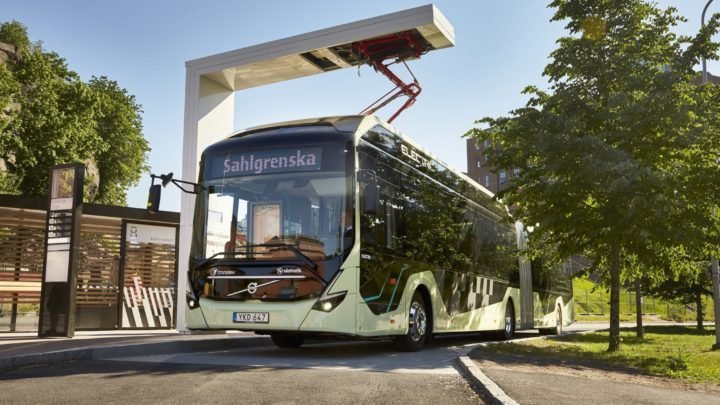
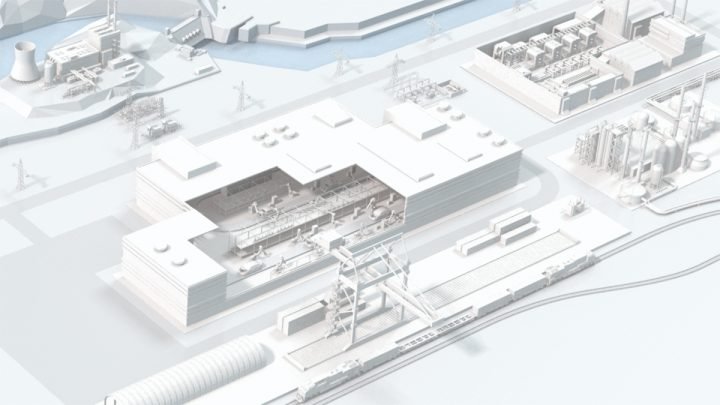
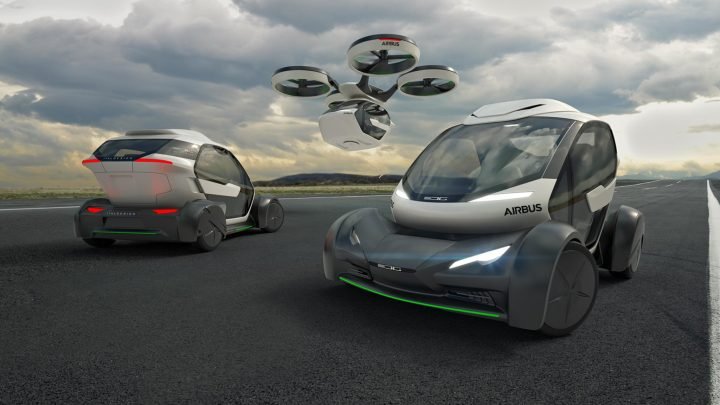
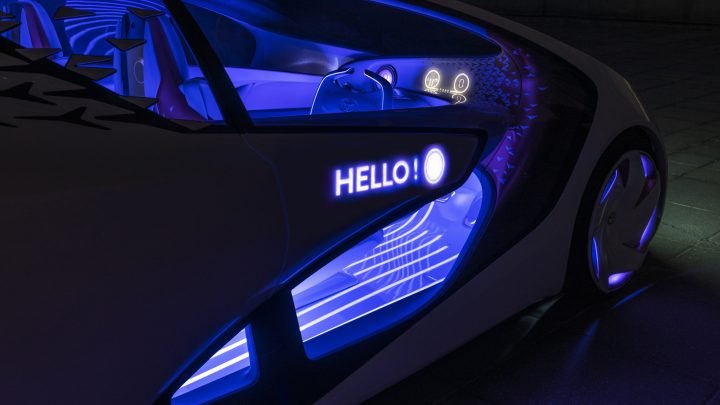
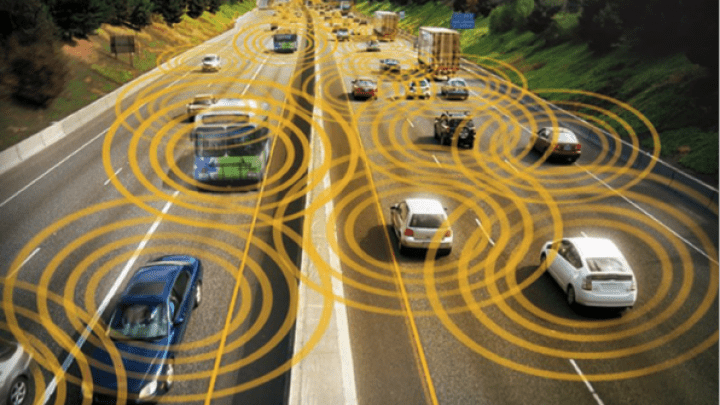
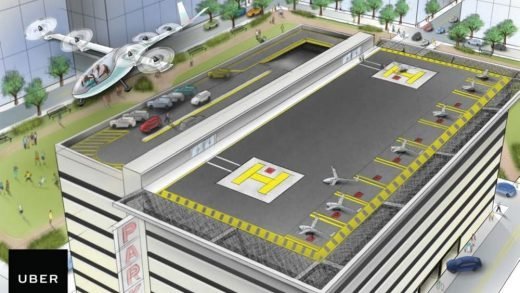
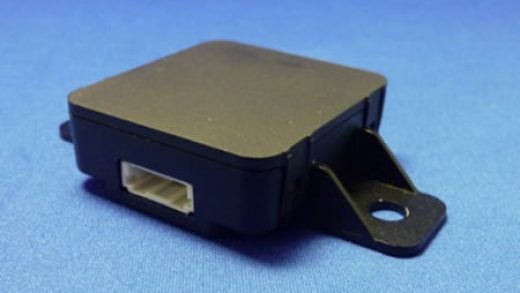
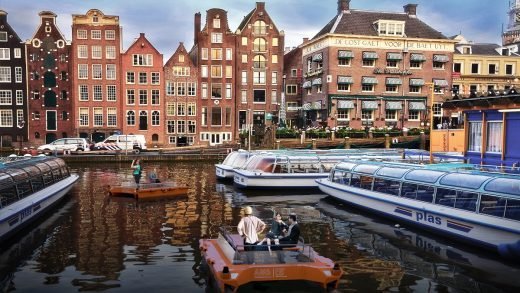
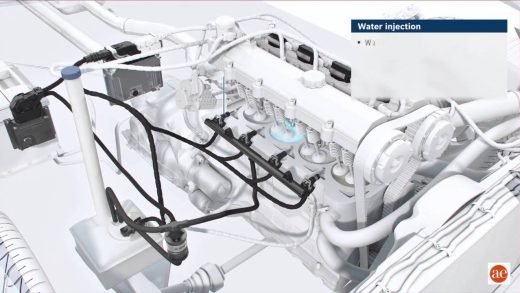
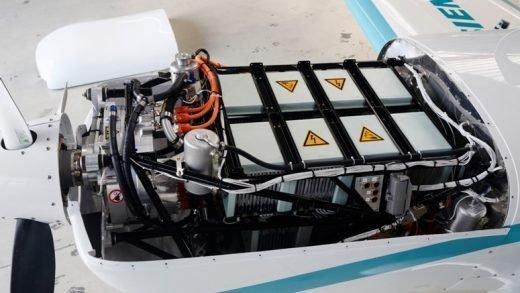
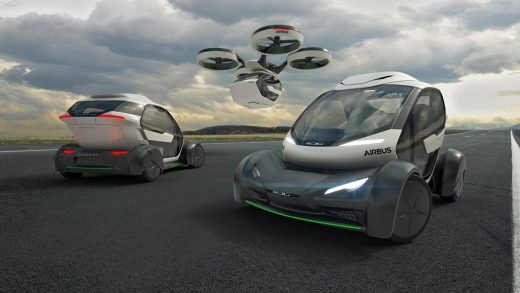
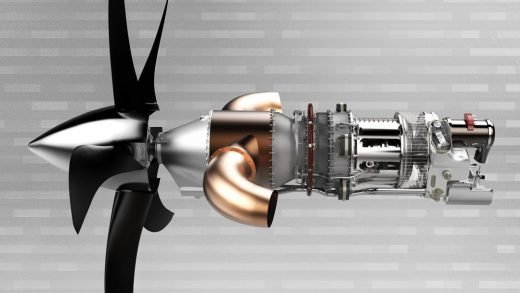
Recent Comments